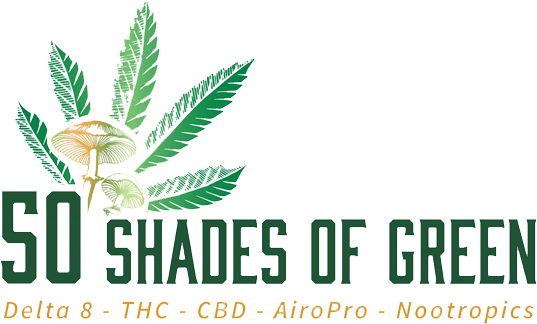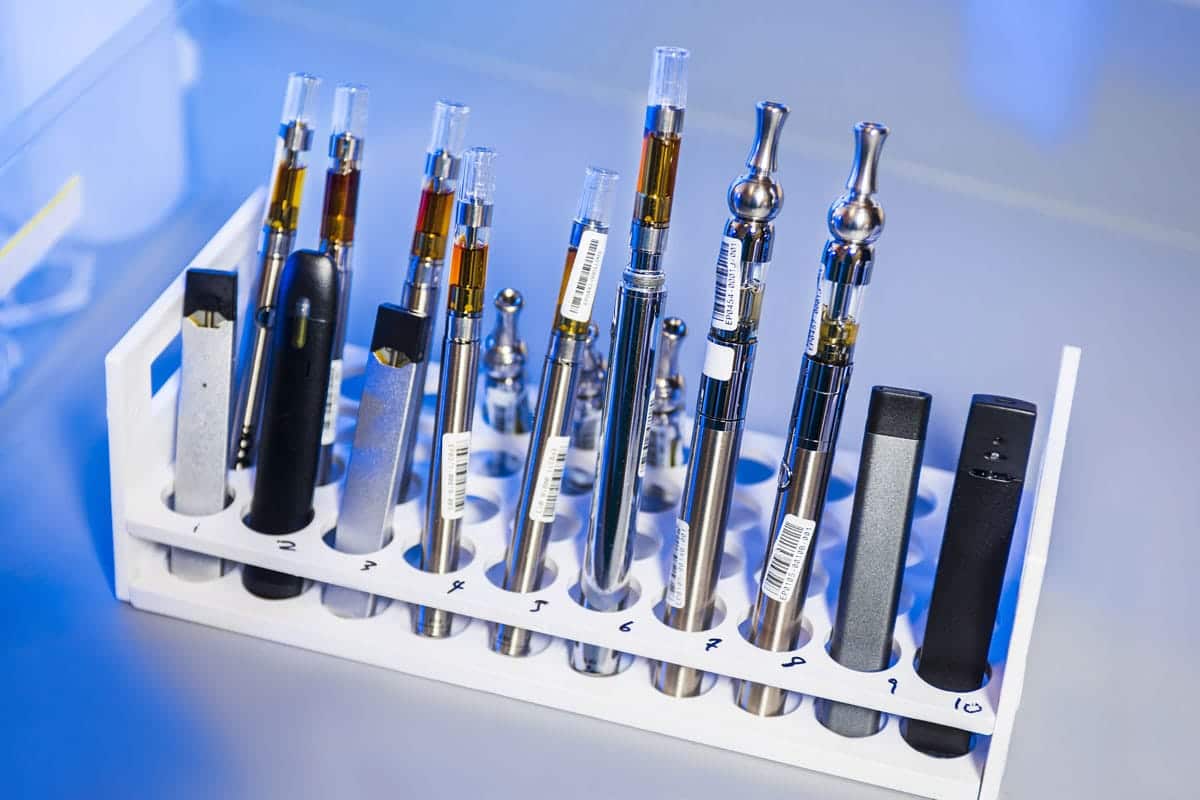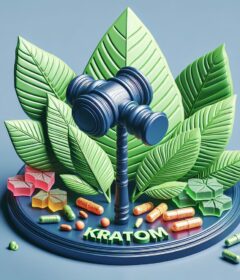How Hemp-Derived THC is Making a Dent in the Cannabis Market
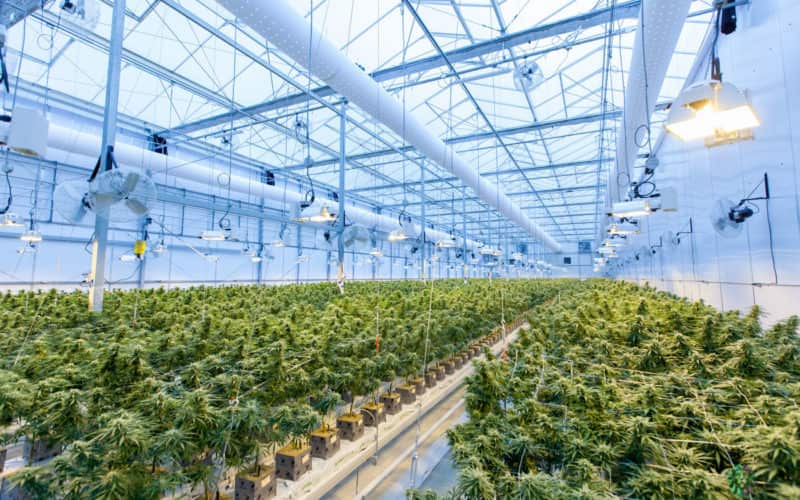
Hemp Products Booming Future
Hemp-derived THC is making its mark on the industry through delta 8 THC and exciting new product offerings that compete with traditional THC.
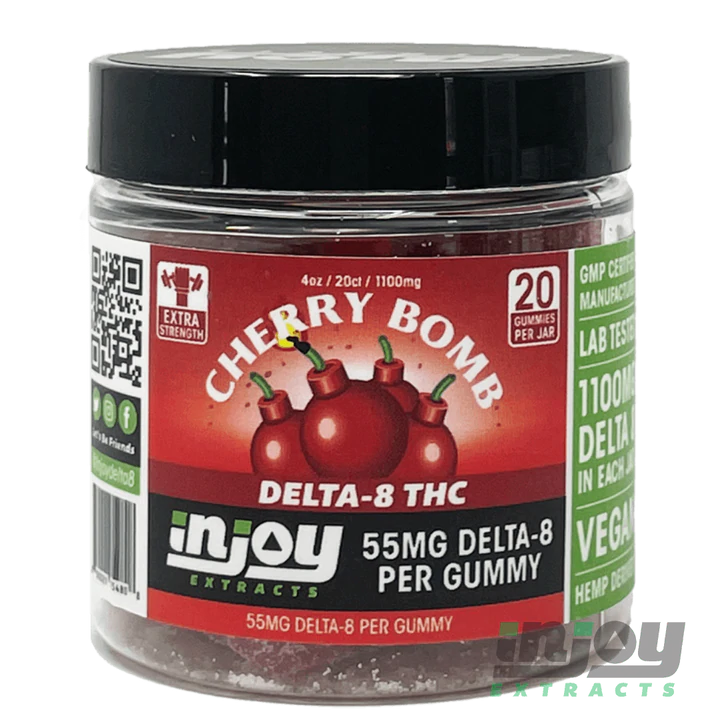
Hemp Cannabinoid Innovation
Over the course of the past year, the industry has seen the rise of hemp-derived THC products, like delta 8 THC, creep their way into the ebb and flow of the marijuana market. Unfortunately, this intrusion seems to have created a division between the hemp and marijuana communities.
Although it’s a common misconception that marijuana and hemp are two different species of plants, it’s important to understand that science doesn’t differentiate between the two; instead, the law does. Because of the Farm Bill of 2018, hemp is legally defined as cannabis with less than 0.3% THC, while marijuana is considered cannabis with more than 0.3% THC. Before so, they were both simply known as cannabis.
That being said, it’s crucial to remember that marijuana-derived THC (delta 9) and hemp-derived THC (delta 8/delta 10/THC-V) are still forms of THC with very similar effects. And it can be easy for consumers to forget that concentrated THC products classified as hemp do contain the potent psychoactive properties that are so sought after.
These definitions of what THC “is” and “is not” may have created a divide but have given hemp the legal wiggle room it needed to make its way into the greater cannabis market—creating new opportunities for business owners and consumers alike. So, let’s take a look into the world of hemp-derived THC and how it’s playing a role in the industry today.
Courtesy High Times
Delta 8 THC VS. Delta 9 THC
First and foremost, delta 9 THC (marijuana-derived) and delta 8 THC (hemp-derived) products both have psychoactive properties. These products can range from concentrates to flower to edibles. But with delta 8 being around 60% potency of delta 9, why would anyone prefer that over the other?
It all comes down to availability and accessibility. Yes, marijuana-derived THC products are deeper developed and typically are of higher quality overall. But they’re only available recreationally in 18 states, as opposed to Hemp-derived THC products that are available in 32 states.
On the business side, unnecessary overregulation of marijuana-derived products has slowly kept business owners in a vice grip. In 2021, California single-handedly raked in over 1 billion dollars worth of tax revenue from the cultivation, retail sale, distribution, manufacturing, and processing of marijuana. Not only do these excessive regulations cost an arm and a leg (possibly a kidney) for businesses, but they also increase prices for consumers.
In heavy contrast, hemp-derived THC businesses spend less on regulations but pay extra on research and compliances, ensuring that they stay transparent to consumers about where and how they get their products.
So it’s really a give and take. Where the marijuana market lacks, the hemp market picks up the slack—and vice versa.
50 Shades of Green supports NFT’s, Equality, & THC (also, try THC-O mixed Delta-8 THC gummies)
Comparing THC Molecules
Let’s look at some pros and cons of both markets:
Marijana-Derived THC
Pros:
- Higher quality products in the legal market
- The majority of products are safe
- Safety compliance found in all major brands
Cons:
- Overregulated
- Unstable prices
- Only recreationally available in a few states
- Starting a business is incredibly difficult
- Unable to ship to consumers
Hemp-Derived THC
Pros:
- Available in most states
- Highly affordable
- Can be delivered straight to consumers’ doors
- Accessible to consumers and business owners
- Conveniently sold online
- Open to the broader market
- Safety compliances found in all major brands
Cons:
- Underregulated
- Flower products are limited
- Less potent due to less development
- Consumers must find reputable brands
Courtesy High Times
Counterfeits That Led to Better Compliance
During the dank vape era of 2019, the cannabis world saw something they had never seen before—an epidemic of unregulated, counterfeit vapes. These phony vapes would be purchased under the guise of fake branding and could be conveniently put together and filled with unknown concentrate in the comfort of anyone’s home. Sadly what followed was a plethora of illnesses contributed by Vitamin E, toxic heavy metals, and unknown oil. All the while, there was one simple goal in mind—to make a quick buck.
As shady as it was, these events produced a silver lining that came in the form of a more thoughtful and research-driven consumer. In turn, it led to businesses becoming more outspoken and transparent about their own compliance, inevitably pushing the industry forward with better and safer products. To this day, nine out of 10 online hemp-derived companies are holding themselves accountable by self-regulating through safety protocols like DEA, third-party, full-panel lab tests.
Lab Tested, Hemp-Derived THC is Becoming Easier and Easier to Find
In 2020, the rapid demand for hemp-derived products sparked a need for more research and development. Now, fast forward to 2022, when consumers are experiencing a boom of innovation of hemp-derived THC products resulting in an eclipse of the CBD market. It’s no wonder an abundance of legitimate products and companies have appeared to step up to the plate.
For the first time, consumers are seeing the number of legitimate businesses outweigh the illicit. Proper practices and legitimate procedures are the only way a successful business can thrive in an unregulated market that is backed by an intelligent demographic.
HHC-O Acetate, the “Sativa” similar cannabinoid, exclusively at GoodCBD (our 50 shades of Green vendor)
Delta 8 THC & Third Party Lab Testing
A great example of this is businesses specializing in the most significant hemp-derived product, delta 8 THC. With one click and a pair of good eyes, any consumer should be able to spot the following to identify a legitimate brand performing good practices:
3rd Party Lab Test: By far the most important. Lab tests should be tested by a credible outside party, even better if it’s from a DEA-certified lab. These tests should reflect the purity and potency of the product, including a descriptive list of zero contaminants.
Reviews: Customer reviews should be a part of the website and brand identity. Nothing can build better trust than hearing what a group of peers have to say.
Brand Credibility: A brand’s exposure and transparency are significant. If consumers have trouble finding any history or information on a company, that should raise red flags. Some reputable places to find brand credibility are business directories, youtube reviews and partnerships with other credible websites (Leafly/Forbes/Yahoo/etc.).
Policies: A company willing to put time and effort into customer satisfaction is a big tell. It shows consumers that they care about them and are in the business for the long haul.
Injoy Extracts is a pioneer of premium, Delta-8 THC products such as bulk Delta 8 Gummies, HHC Carts for Sale!
Hemp Products Hold Promising Future
With legitimate products that cater to the needs of so many consumers, it’s no surprise hemp-derived THC has asserted its place in the market. Its rapid demand may have seemed to cause a divide within the industry. But, in actuality, they’re just sharing more of the plant that everyone knows and loves—picking up the pieces and filling in the void while serving as the perfect middle ground between CBD and traditional marijuana.
